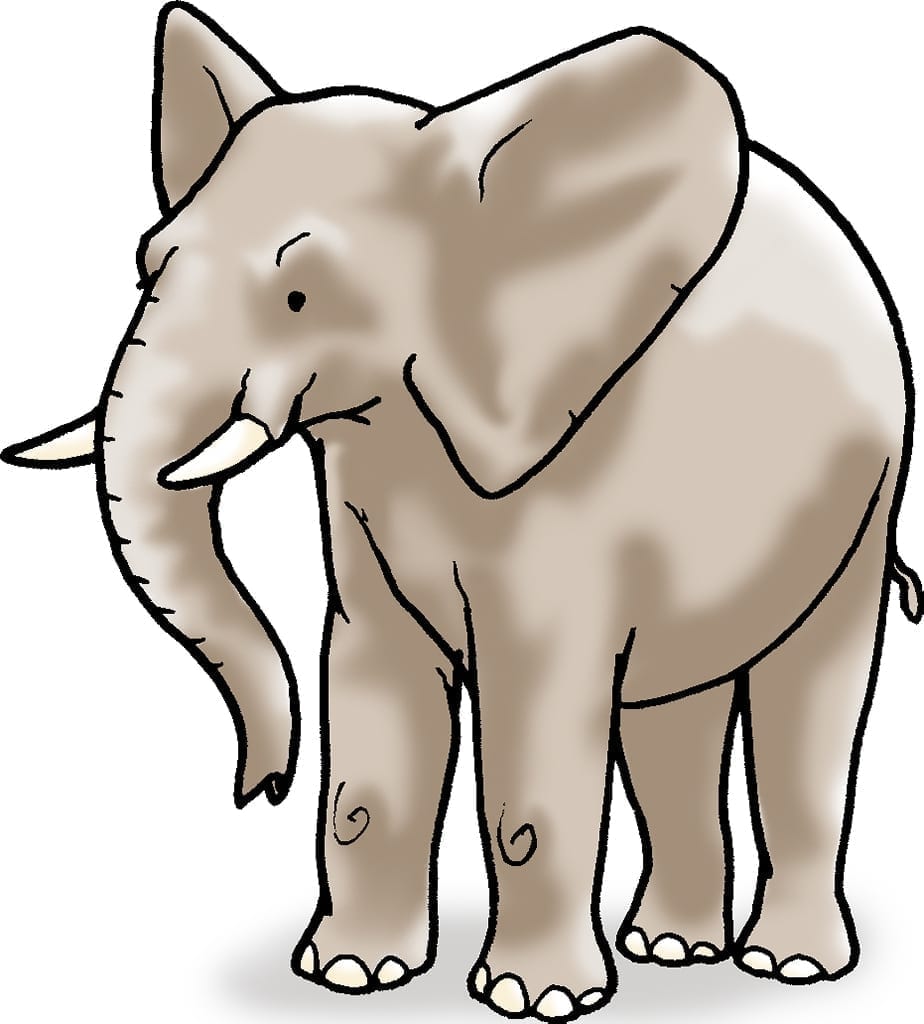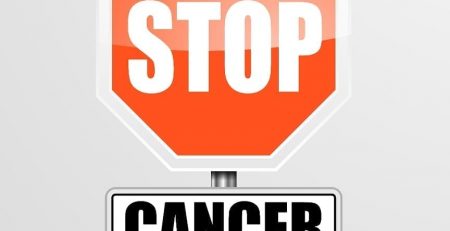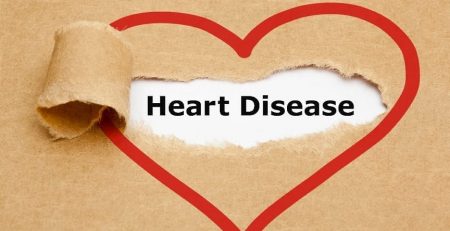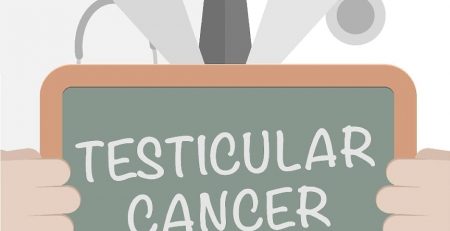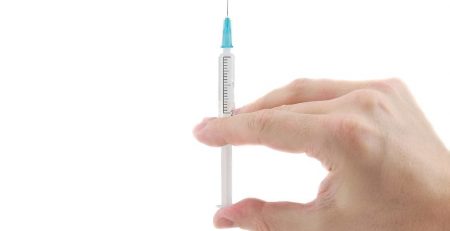Elephants May Play a Role in Preventing Cancer
For pediatric oncologist Dr. Joshua Schiffman, cancer hits close to home. Schiffman himself was treated for pediatric cancer while in high school and his father, Dr. Fred Schiffman has been a hematologist/oncologist for decades. But Dr. Joshua Schiffman’s work with elephants didn’t begin until 2012.
Schiffman attended a lecture at which the speaker explained that elephants are approximately 100 times the size of people – which means they have 100 times the cells. “With that many cells dividing over and over again, for so many decades, just by chance alone all elephants should develop cancer. But they don’t, they almost never get cancer,” Schiffman told The Providence Journal. Meanwhile, approximately half of all men and a third of all women will get cancer in their lifetimes. Therefore “[elephants] must have evolved some way to protect themselves from cancer,” Schiffman deducted.
Schiffman developed relationships with Utah’s Hogle Zoo and the Ringling Brothers circus to gain access to the blood of African and Asian elephants respectively. Now Feld Entertainment, the company that owns the circus, also funds some of Schiffman’s research.
A key to Schiffman’s research is the P53 gene, which provides cancer protection. Humans should have two copies, but elephants have 40. For the past year, Schiffman has been working with chemist Avi Schroder to figure out a way to deliver P53 to humans.
“We believe that with enough funding, awareness and support, within the next three years, we will have a drug based on elephant P53 to test on people,” Schiffman said. “We are not claiming that we have found the cure. What we are claiming is we think we have figured out why elephants are not getting cancer. Now we have to take that discovery and apply it to people.”
In addition to submitting his findings to the International Elephant & Rhino Conservation & Research Symposium, Schiffman’s work has also been published in The Journal of the American Medical Association.


